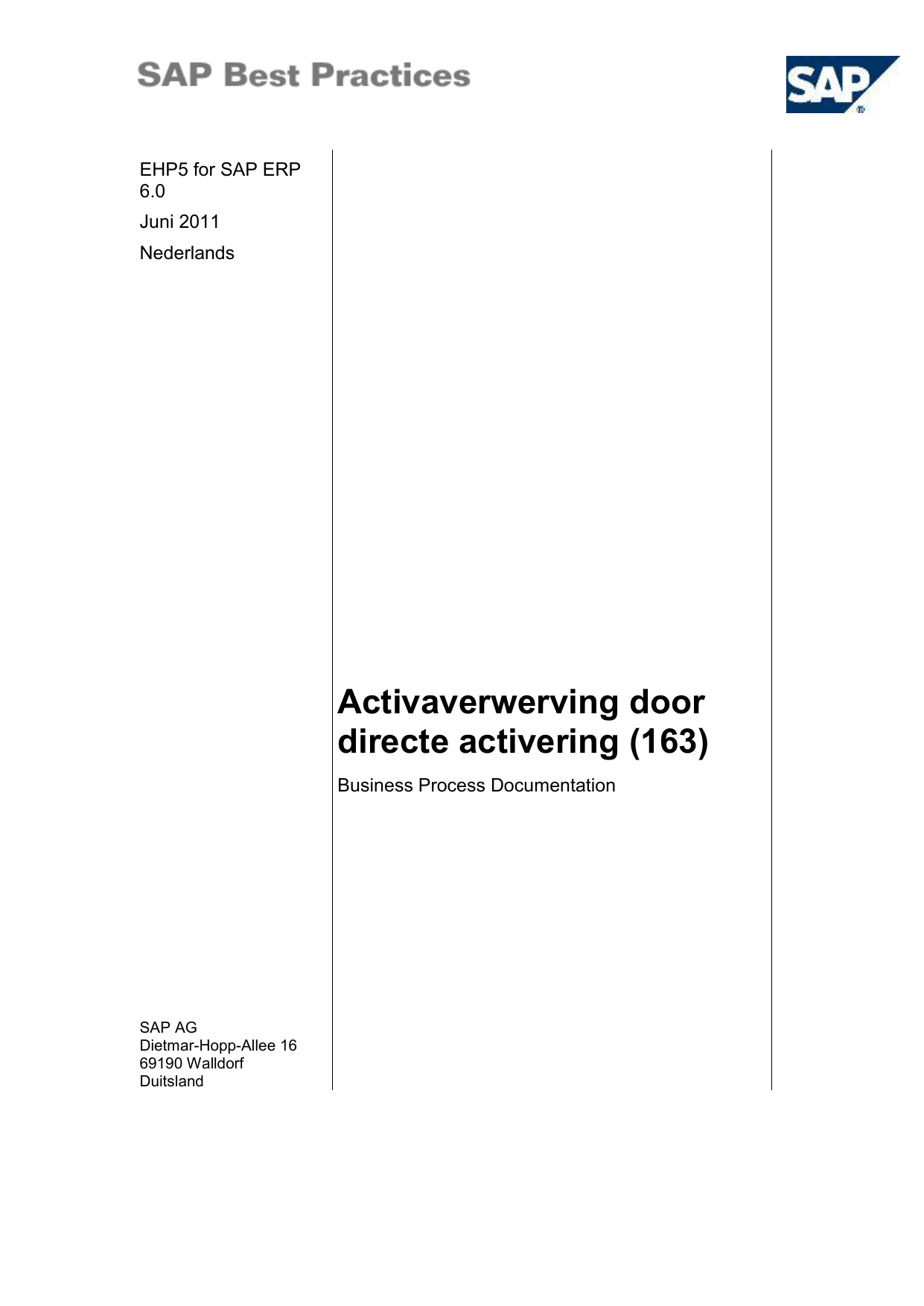
Avoidance of data redundancy and data replication. Automated file transfers of LUW data directly into mainframe files and databases. Integration of LUW- and Web-applications into existing mainframe processes, integration of mainframe data into SOA and Web-service solutions.Įasy to use Up- and Downloads of mainframe data directly into LUW based databases. The application possibilities are nearly unlimited.ĭirect SQL access to nearly all mainframe data from MS-Windows-, UNIX-, LINUX- and Web-applications. Later, after 1990, universal database called as UDB which is one of the DB2 server was. This results in innovative possibilities to process mainframe data without the required for detailed IBM knowhow. IBM had created DB2 for their personal use on their specific platform. tcACCESS provides mapping functions which analyse the mainframe data structures and present them in a transparent way enabling the user to access the mainframe data like a relational object. The access to mainframe data and mainframe applications is performed using SQL syntax. TcACCESS uses generally available and accepted interfaces and does not require any additional middleware. DB2 UDB has a rich heritage coming from IBM’s DB2 Common Server and DB2 Parallel Edition, and offers tight. No mainframe programming effort is required. What is DB2 Universal Database The DB2 Universal Database is an object-relational database management system (RDBMS) that spans multiple platforms, from Intel-based class machines to RISC-based UNIX servers to IBM 390 systems. You can use DB2 Express-C for developing applications including C/C++, Java. DB2 Express-C is a version of DB2 Universal Database Express Edition (DB2 Express) for community use.

#Ibm db2 universal database express edition free
NET from MS-Windows, UNIX, LINUX (LUW) applications. Now there is an express version of DB2 for community which is a free downloadable database named DB2 Express-C. TcACCESS provides direct access to mainframe data files and databases using standard interfaces like ODBC, JDBC, J2EE and.


 0 kommentar(er)
0 kommentar(er)
